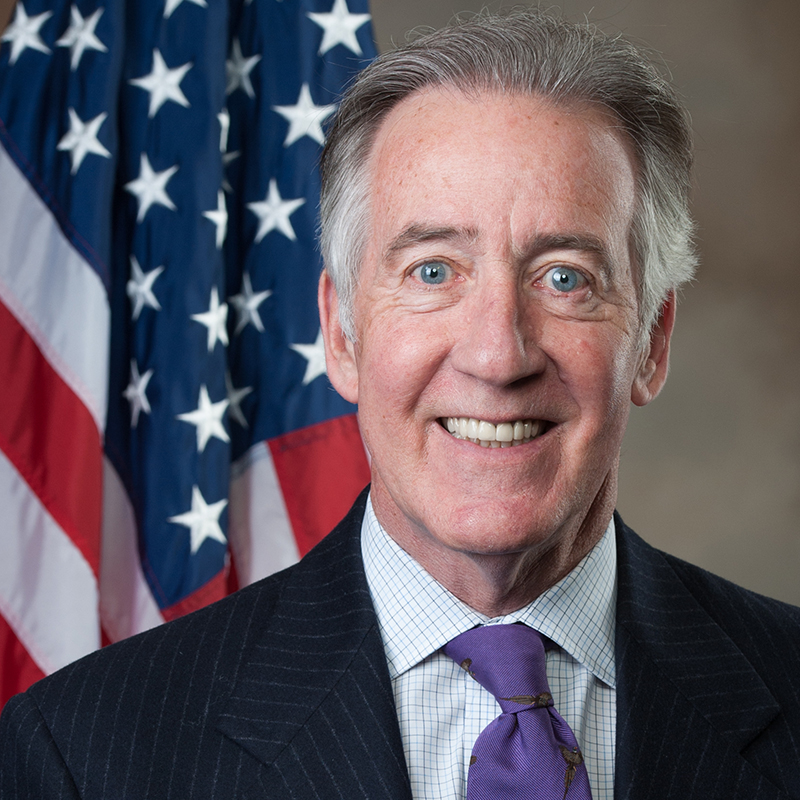On Wednesday, House Ways and Means Committee Ranking Member Richard Neal (D-Mass.) introduced a bill to establish a federal auto-IRA for employers with more than 10 employees who do not currently sponsor a retirement plan.
The Automatic IRA Act of 2024 would require employees to be automatically enrolled in either an IRA or some other “automatic contribution plan or arrangement,” like a 401(k). It would apply to plan years beginning after 2026.
The bill’s summary said it would “build upon, expand, and improve the private pension system in a manner that explicitly protects and complements employer-sponsored plans and arrangements.”
It also acknowledged the success of the 15 state auto-IRA plans currently in place, which “give proof of concept” to a federal auto-IRA program. It specifically mentioned their role in reducing the racial coverage and savings gap while encouraging greater adoption of private-sector retirement plans overall.
“The American Retirement Association (ARA) strongly supports the Automatic IRA Act that will significantly increase access to workplace retirement savings programs,” ARA CEO Brian Graff said. “Importantly, it achieves this by leveraging the existing public-private partnership that drives the successful 401(k) system providing benefits to over 100 million Americans.”
Neal said the mandate would “essentially be costless” to smaller employers since it would create a new tax credit of $500 per year for three years for employers of up to 100 employees that offer either a state or national automatic IRA, in addition to other existing tax credits.
The legislation exempts companies with 10 or fewer workers, those already offering a qualified plan, those in business for less than two years, or those with governmental plans or church plans. Importantly, it does not affect workers currently enrolled in a state-sponsored plan.
The minimum default contribution for the first year is 6%. It can be higher but is limited to 10% the first year and 15% after that. The rate then automatically escalates 1% per year over a five-year period, capped at 10%. More specifically:
• Year 1 – 6%
• Year 2 – 7%
• Year 3 – 8%
• Year 4 – 9%
• All subsequent years – 10%
The default investment must be target-date funds, and a principal preservation fund and a balanced fund must be offered, as well as any others that the Treasury Department might add.
The bill also includes a lifetime income requirement for defined contribution plans with over 100 participants, which must permit participants to elect to receive at least 50% of their vested account balance in the form of lifetime income. It does not apply to participants with balances less than $200,000.
The bill comes at a time when state-supported and mandated retirement plans are gaining in popularity.
As of Jan. 1, 2024, 19 states have enacted new programs for private sector workers, and 15 are auto-IRA programs, according to Georgetown University’s Center for Retirement Initiatives. Since 2012, at least 47 states and the District of Columbia have acted to implement a new program, study program options, or consider legislation to establish retirement savings programs.
TO READ A SUMMARY OF THE LEGISLATION, CLICK HERE.
